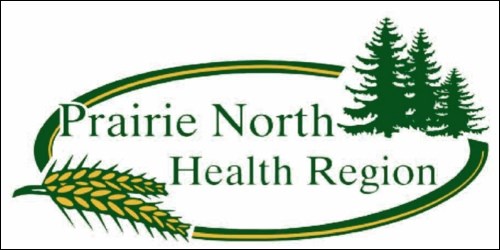As part of Saskatchewan’s expanding Take-Home Naloxone Program, THN kits will be available in North Battleford, starting Thursday.
The program is being launched by Prairie North Health Region in partnership with the Ministry of Health, Battle River Treaty Health Centre and Battlefords Sexual Health Clinic.
The THN kits will be available free of charge to individuals at risk of an opioid overdose. The kits can be obtained at the Battlefords Sexual Health Clinic between 9:30 a.m. and noon on Thursdays. At-risk individuals must first receive education on overdose prevention, recognizing and responding to an overdose and proper administration of Naloxone using the THN kit.
The THN kit is then provided to the individuals at risk. Family members and friends are welcome and encouraged to participate in the training. The Battlefords Sexual Health Clinic is located in downtown North Battleford at 1192 – 101 st.
Merle Nightingale, THN program lead for PNHR, said the aim is to save lives through education and access to the kits themselves.
“PNHR is implementing the pilot project to help individuals be prepared and proactive in preventing deaths from opioid overdose. Even one such death is too many,” she said.
Naloxone is an antidote to opioids such as fentanyl, morphine, heroin, methadone or oxycodone. When administered properly, naloxone can restore breathing to an individual experiencing an overdose. Naloxone is already in use in Saskatchewan emergency departments and by paramedics in emergency situations to treat opioid overdose. 911 should always be called when an overdose is witnessed.
Fentanyl is an opioid that is 50 to 100 times more potent than heroin, oxycodone or morphine. It is a prescribed painkiller that is often added to illegal drugs without people knowing. Overdose deaths attributed to fentanyl have been rising across Canada.
The Saskatchewan Ministry of Health is providing $50,000 this year to fund THN programs in the Saskatoon, Regina Qu’Appelle and Prairie North health regions, as well as to expand the program to additional health regions.



